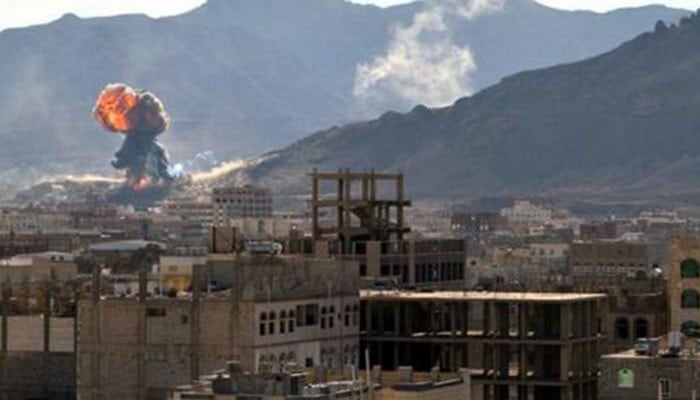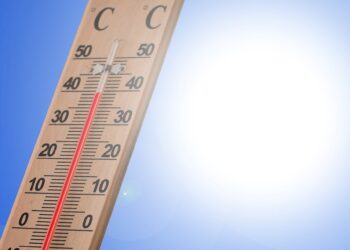GENEVA: At least 136 civilians have been killed over 10 days of Saudi-led air strikes on Yemen this month, the United Nations said Tuesday, with the organisation’s human rights chief decrying an “inferno” on the ground.
The UN human rights office said it had tallied 136 civilians killed and another 87 injured in the strikes on Sanaa, Saada, Al Hudaydah, Marib and Taez governorates between December 6 and 16.
“We are deeply concerned by the recent surge in civilian casualties in Yemen as a result of intensified air strikes by the Saudi-led coalition,” spokesman Rupert Colville told reporters in Geneva.
A Saudi-led coalition has been waging an air campaign against Houthi rebels since March 2015 in an attempt to shore up the internationally recognised government of Abedrabbo Mansur Hadi.
More than 8,750 people have been killed in the conflict since the intervention in the impoverished Arabian Peninsula country, where more than 2,000 people have also died of cholera this year.
The air strikes have intensified since the December 4 killing of ex-president Ali Abdullah Saleh at the hands of the Houthis after his alliance with the rebels collapsed.
In an interview with AFP on Monday, UN rights chief Zeid Ra’ad Al Hussein lamented “the total impunity that seems to exist (in) attacks from all sides”, although he said “the majority of casualties is still coming from the coalition air strikes.”
Read more : Saudi-led forces close air, sea and land access to Yemen
‘Horrifying situation’
He said a combination of the violence and a blockade the coalition imposed on rebel-held ports last month, blocking desperately-needed aid, had created “a horrifying situation in Yemen… literally an inferno for many Yemenis.”
Last week, the UN humanitarian coordinator for Yemen, Jamie McGoldrick, warned: “8.4 million Yemenis are a step away from famine.”
And on Tuesday, the UN children´s agency UNICEF said the blockade had sparked critical shortages and had hit access to safe water across the country.
“Water pumping stations serving over three million people via public networks in 14 cities are quickly running out of fuel,” it said in a statement.
Colville said the rights office had verified that four civilians were killed on December 9 when coalition strikes hit the official Yemen TV channel, Qanat Al Yemen.
At least seven civilians were also killed when air strikes hit the Al Hudaydah on December 10, with 45 more perishing in attacks on a prison in Sanaa three days later, he said.
The office said it had also just verified reports that 20 civilians, including 14 children, were killed in an attack on a farmhouse in Hudaydah governorate on December 15, while one woman and nine children were killed a day later as they returned from a wedding party in Marib governorate.
Colville called on all sides in the conflict to “take all feasible precautions to avoid, and in any event to minimise, the impact of violence on civilians.”
Zeid voiced hope that a recently-appointed team of international war crimes investigators, set to arrive in Yemen next month, “will have a chilling effect on actions taken against civilians.”

















